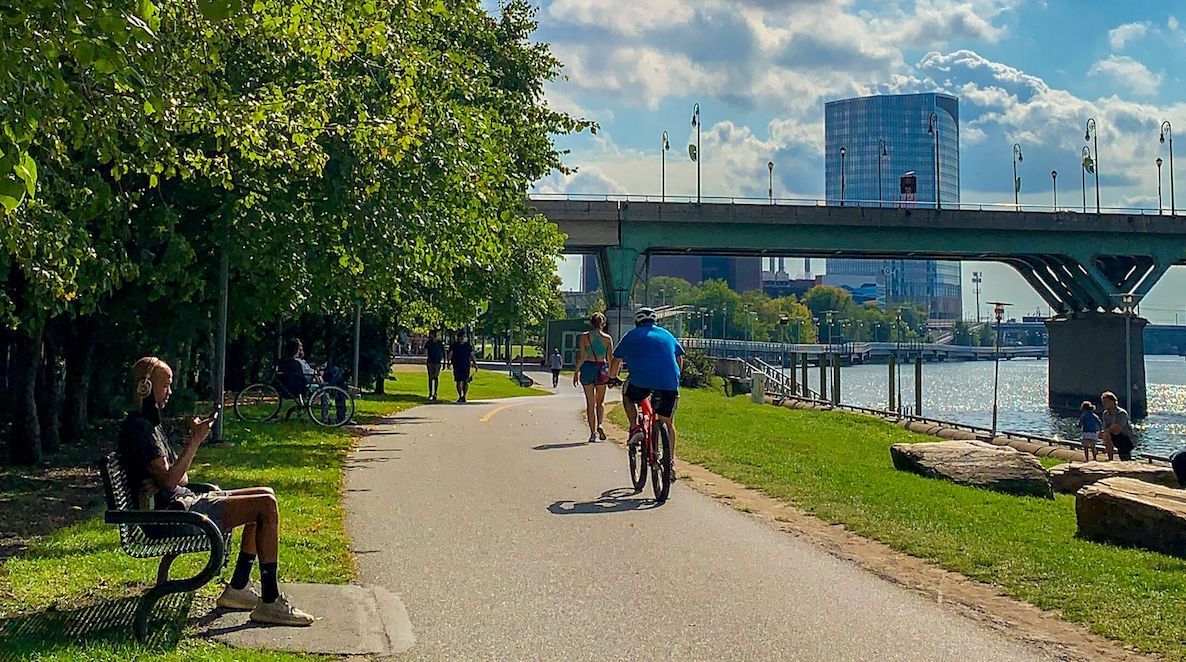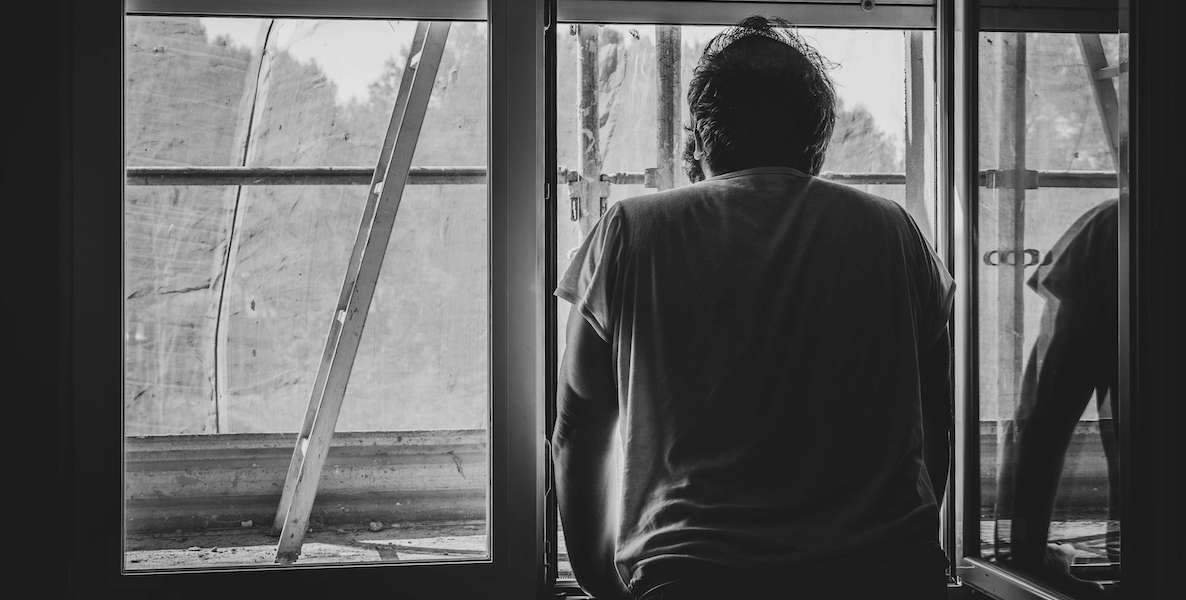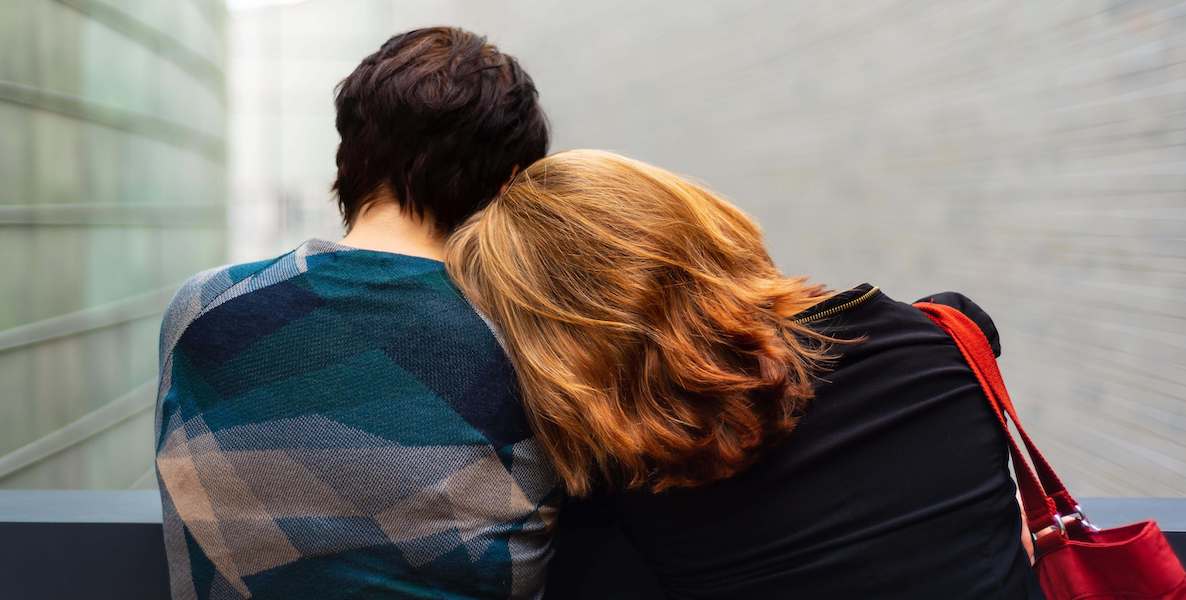The pandemic—and resulting isolation, job loss and grief—is crushing our collective mental health. According to a recent Blue Cross Blue Shield Association survey, it’s hitting millennials especially hard: 92 percent of 24- to 39-year-olds said the pandemic has had a negative impact on their mental health, compared to 70 percent of baby boomers.
And millennial health was already bad, pre-pandemic.
According to BCBSA’s The Health of Millennials data released last year, the generation, defined as those born between 1981 and 1993, had higher prevalence of eight of the top ten health conditions than Gen Xers when they were the same age. And from 2014 to 2017, the prevalence of their top three health conditions grew dramatically: major depression by 31 percent; hyperactivity (ADHD) by 29 percent; and type II diabetes by 22 percent.
Millennials are less likely to seek care: 68 percent have a primary care physician (compared to 91 percent of Gen Xers) and 16 percent don’t have health insurance. Plus, they deal with stress caused by enormous debt, the existential climate crisis, and loss of faith in political and social progress.
![]() In a follow-up study on millennial behavioral health conditions released this month, BCBSA found that nearly one in three millennials have a behavioral health condition, compared to one in five in the general U.S. population, which also means they are twice as likely to have a chronic physical condition.
In a follow-up study on millennial behavioral health conditions released this month, BCBSA found that nearly one in three millennials have a behavioral health condition, compared to one in five in the general U.S. population, which also means they are twice as likely to have a chronic physical condition.
Perhaps most startlingly, overall millennial health is 14-percent lower than the national average here in Philadelphia. (The reasons why are nuanced and not fully known yet, and Independence Blue Cross’s Vice President of Corporate Communications Donna Farrell says that researchers are still working to understand why millennials have worse health profiles in different geographic areas.)
92 percent of 24- to 39-year-olds said the pandemic has had a negative impact on their mental health, compared to 70 percent of baby boomers.
Recognizing the dire state of affairs, the Economy League of Greater Philadelphia and Independence Blue Cross, with support from the Philadelphia Foundation, teamed up to spark, develop and support ideas to improve millennial health. (Full disclosure: Both Independence Blue Cross and Philadelphia Foundation are supporters of The Citizen’s upcoming Ideas We Should Steal Festival.)
The Well City Challenge, launched this week, offers Philadelphians the chance to pilot their own solution. Anyone who’s at least 21 years old can submit a proposal addressing one of three millennial health categories: Community and Social Connection, Food and Nutrition, and Mind/Body. The top ideas in each category will take home $10,000 and participate in an Impact Accelerator to make their idea reality.
The Challenge is part of the Economy League’s Impact Labs, a line of programs with two goals: “To try and make some more room for experimentation in the civic realm in Philadelphia, and to try and bring more diverse voices to the table of social impact,” says managing director Nick Frontino.
![]() Impact Labs’ first program, the Full City Challenge, launched in partnership with Billy Penn in 2018, supported solutions to the interrelated issues of poverty and hunger. The winner, HospitalityTogether, provides training, mentorship and support for first generation college students to keep a job in the restaurant industry while in school.
Impact Labs’ first program, the Full City Challenge, launched in partnership with Billy Penn in 2018, supported solutions to the interrelated issues of poverty and hunger. The winner, HospitalityTogether, provides training, mentorship and support for first generation college students to keep a job in the restaurant industry while in school.
Phil Fitzgerald, executive director of grantmaking at the Philadelphia Foundation, mentored the founder of HospitalityTogether, Oscar Wang, during the Full City Challenge. “The most rewarding part was getting to learn about new initiatives within the region and getting an intimate look at some of these emerging organizations,” Fitzgerald says. HospitalityTogether is now one of the Foundation’s grantees.
And the Philadelphia Foundation came on to support round two in a big way, contributing a $50,000 grant to the Well City Challenge, which will fund winning solutions.
“At its core, the Philadelphia Foundation is really built to respond to community need,” says Fitzgerald. “And this idea of the Well City Challenge really spoke to us because it identified a pressing need in our community— an emerging need that we weren’t even aware of.”
More than one-third of Philadelphians are millennials, and they make up the largest demographic group in our workforce—which means their adverse health outcomes are directly tied to the health of our economy.
![]() BCBSA analyzed the potential economic impacts of poor millennial health in a report they released last year; treatment costs could be 33-percent higher and mortality rates 40-percent higher than the previous generation, and it could cost millennials more than $4,500 per year in real per-capita income.
BCBSA analyzed the potential economic impacts of poor millennial health in a report they released last year; treatment costs could be 33-percent higher and mortality rates 40-percent higher than the previous generation, and it could cost millennials more than $4,500 per year in real per-capita income.
Those impacts are projected to be concentrated in areas with the highest levels of poverty—largely Black and brown communities—which already have the poorest health and are being disproportionately affected by the pandemic.
We desperately need solutions.
The Well City Challenge aims to support original ideas that prioritize diversity and inclusion, embrace collaboration, can be piloted on a small scale and have the potential to be scaled or replicated.
More than one-third of Philadelphians are millennials, and they make up the largest demographic group in our workforce—which means their adverse health outcomes are directly tied to the health of our economy.
One key goal is to support community-level ideas. “It doesn’t have to be a large nonprofit,” says Well City Challenge Program Manager Chelsey Lowe. “It can really be on the ground—those people who are doing the work and are tapped into what happens every day on their block or in their neighborhood.” Think of barbers, for example, receiving training to provide mental health services to their clients, she says.
The advisory team will select up to five finalists in each category, who will participate in a several-week incubator in January 2021. Advisors will provide mentorship and help folks refine their ideas and prepare to pitch to a panel of expert judges. They’ll get support for creating a crowdfunding campaign and soliciting donations, and, they’ll be introduced to the Economy’s Network of expert advisors.
“A big part of what we’re trying to do here is open up what are—often unintentionally—closed networks,” says Frontino. “We’re bringing folks in so they receive help with not only their idea at the moment, but also their own of professional development.”
A 2019 Deloitte survey found that 75 percent of the venture capital workforce is white. Less than 10 percent of venture capital backed founders are women; 1.8 percent are Latinx; and one percent are Black according to this 2017 report.
As The Citizen has often reported, the biggest barriers for women and minorities are unequal access to wealth and networks with wealth. But it’s also about awareness—often there’s a lack of intentional outreach about opportunities for funding.
That’s why the Economy League put together a diverse recruitment and selection committee to get in touch with folks doing on the ground work in all our neighborhoods: Andy Toy of SEAMAAC, Jodi Reynhout of Esperanza Health Center, Scarlet Hernandez of REC Philly, and Daniela Castejon of the Lutheran Settlement House and more community leaders will help spread the word.
The goal is nothing short of what has been effective over and over: solutions for communities by communities.






